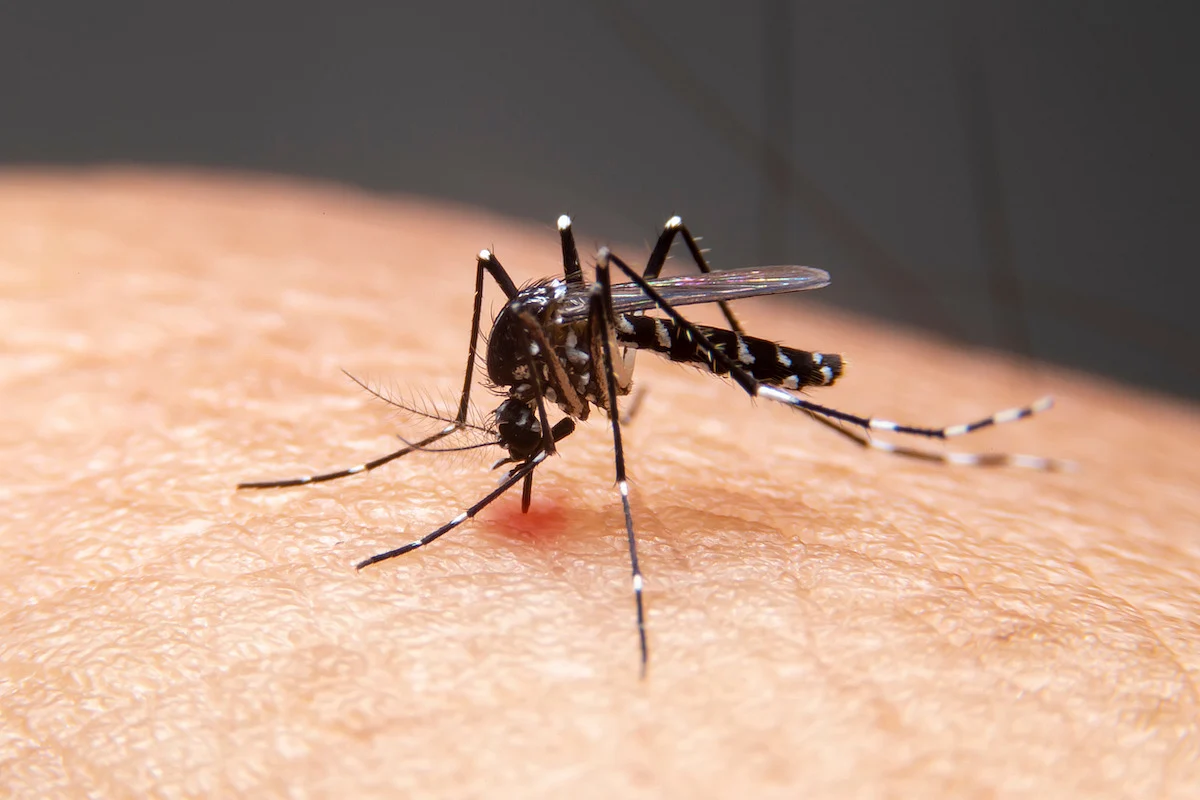
The U.S. Environmental Protection Agency (EPA) is looking to remove the legal underpinning for most regulations against climate change. If approved, the EPA’s proposal would rescind the 2009 decision that set forth a legal basis to regulate greenhouse gases as pollutants. Known as the “endangerment finding,” it allowed the EPA to limit emissions from vehicles,… read on > read on >


















